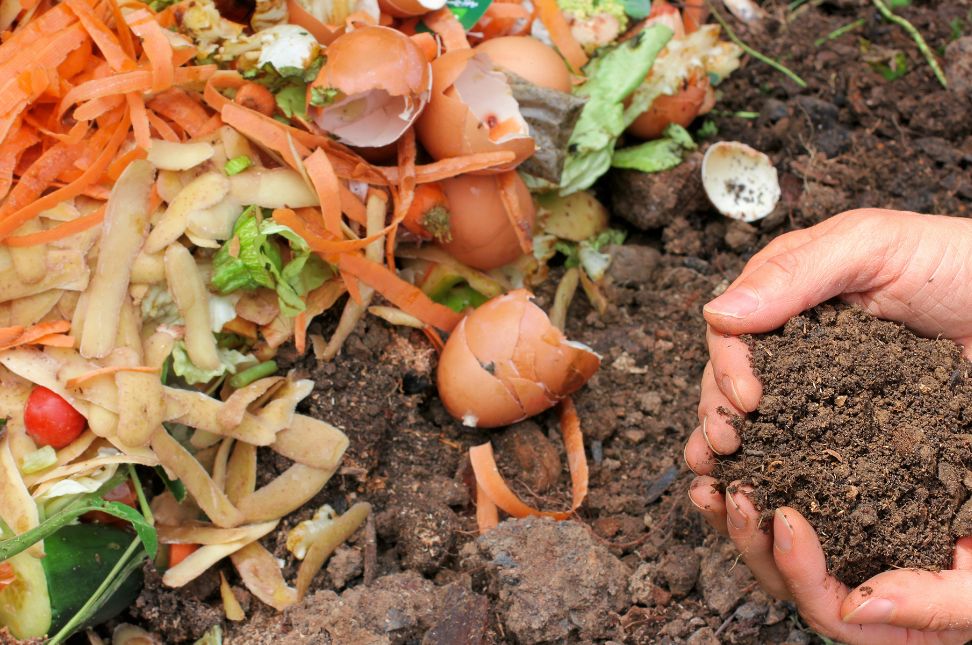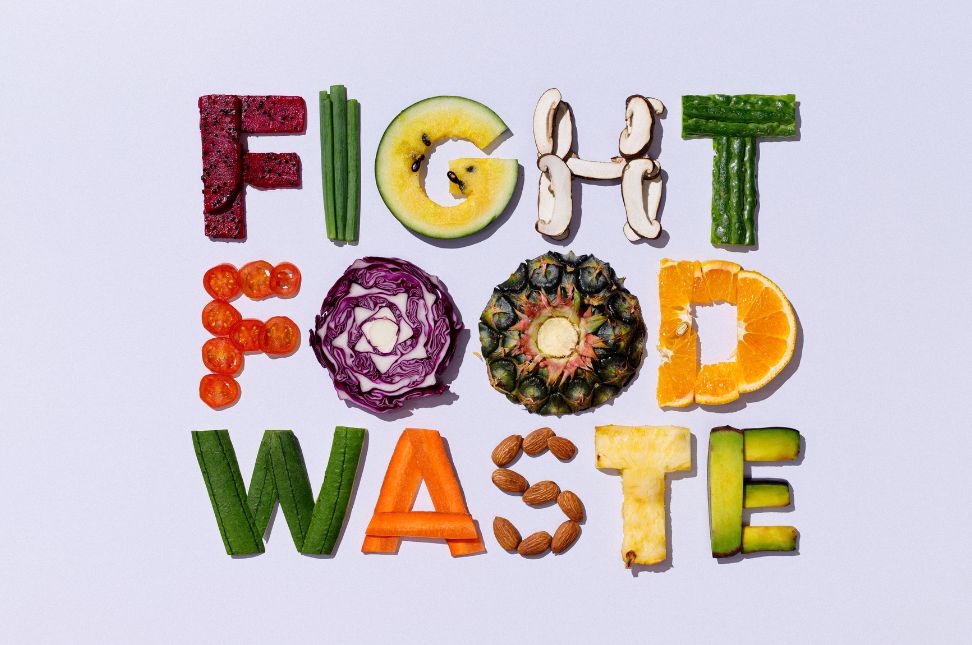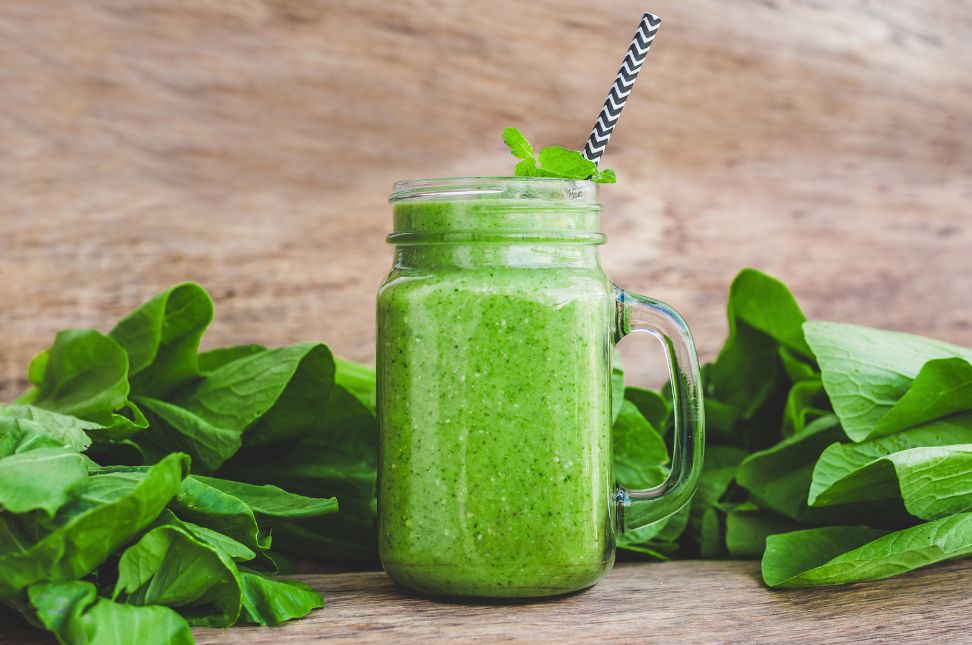Understanding how to reduce food waste is essential for promoting sustainability and saving money. The average American household wastes approximately 31.9% of its food, which translates to an estimated cost of $1,866 annually. Reducing food waste not only benefits your wallet but also helps the environment by conserving resources and reducing greenhouse gas emissions.
Plan Your Meals
A key strategy in how to reduce food waste is planning your meals in advance. Meal planning helps you buy only what you need, reducing the likelihood of food spoiling before you can use it.
Steps to Effective Meal Planning
- Create a Weekly Menu: Plan your meals for the week, considering what you already have in your pantry.
- Make a Shopping List: Write down the ingredients you need, and stick to the list while shopping.
- Check Expiration Dates: Buy fresh items with the latest expiration dates to ensure they last longer.
- Batch Cooking: Prepare meals in batches and freeze portions for later use, reducing the risk of ingredients going bad.
Store Food Properly
Proper storage is crucial in how to reduce food waste. Different foods require different storage conditions to maintain their freshness.
Tips for Storing Food
- Refrigeration: Keep perishable items like fruits, vegetables, and dairy in the refrigerator.
- Freezing: Freeze meat, bread, and leftovers to extend their shelf life.
- Airtight Containers: Store dry goods like grains, cereals, and nuts in airtight containers to prevent spoilage.
- Organize Your Fridge: Keep older items in front so they get used first, and store new items at the back.
Use Leftovers Creatively
Finding creative ways to use leftovers is a practical approach in how to reduce food waste. Leftovers can be repurposed into new meals, ensuring nothing goes to waste.
Ideas for Using Leftovers
- Soups and Stews: Combine leftover vegetables and meats into a hearty soup or stew.
- Salads: Add leftover grains, beans, or proteins to fresh greens for a nutritious salad.
- Casseroles: Layer leftovers with cheese and sauce to create a delicious casserole.
- Smoothies: Use overripe fruits in smoothies for a quick and healthy snack.
Composting

Composting is an effective method for managing unavoidable food waste. By composting food scraps, you can create nutrient-rich soil for your garden, reducing the amount of waste that goes to landfills.
How to Compost
- Set Up a Compost Bin: Choose a bin that suits your space, whether it’s a backyard composter or a small indoor bin.
- Collect Food Scraps: Collect vegetable peels, fruit cores, coffee grounds, and eggshells for your compost.
- Balance Green and Brown Materials: Combine green materials (food scraps) with brown materials (leaves, cardboard) to maintain the compost balance.
- Turn the Compost: Regularly turn the compost to aerate it and speed up the decomposition process.
Buy Imperfect Produce
Many stores now offer “imperfect” produce at a discount. These fruits and vegetables may have slight blemishes or irregular shapes but are still perfectly edible. Buying imperfect produce helps reduce food waste by ensuring these items don’t get discarded.
Mindful Portion Control
Practicing mindful portion control is another effective technique in how to reduce food waste. Serve smaller portions and go back for seconds if necessary. This prevents uneaten food from being thrown away.
Understand Expiration Dates
Confusion over expiration dates contributes significantly to food waste. Understanding the difference between “best before,” “sell by,” and “use by” dates can help you make informed decisions about what to keep or discard.
Clarifying Expiration Dates
- Best Before: Indicates when a product is at its best quality. It doesn’t mean the food is unsafe after this date.
- Sell By: Used by stores for inventory management. It’s not a safety date.
- Use By: The last date recommended for peak quality. For safety, follow this date for perishable items.
Donate Surplus Food
If you have more food than you can consume, consider donating it to local food banks or shelters. This is a meaningful way to help those in need while reducing food waste.
Educate and Involve Your Household
Education is key to successfully implementing strategies for how to reduce food waste. Involve your family or household members in meal planning, shopping, and food storage practices. Educating everyone on the importance of reducing food waste ensures collective efforts towards a sustainable lifestyle.
Conclusion

Learning how to reduce food waste involves simple yet effective strategies that can significantly impact your household’s sustainability efforts. By planning meals, storing food properly, using leftovers creatively, composting, buying imperfect produce, practicing mindful portion control, understanding expiration dates, donating surplus food, and educating your household, you can make a considerable difference. These practices not only help the environment but also save you money and foster a more sustainable future for everyone. Start implementing these tips today and contribute to a world with less food waste.




